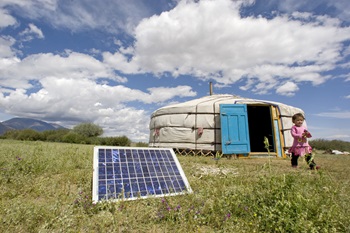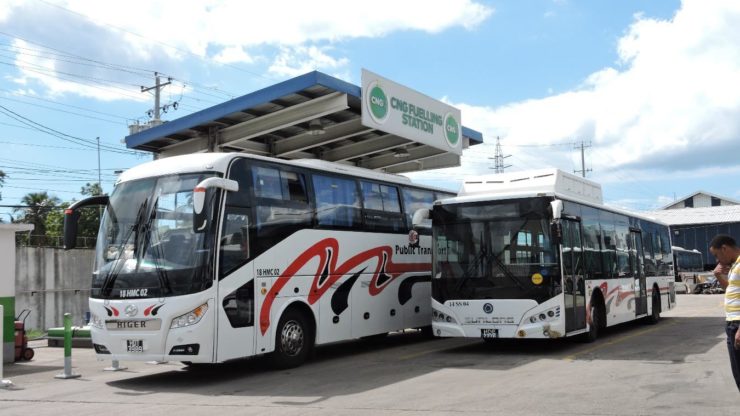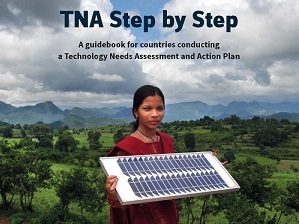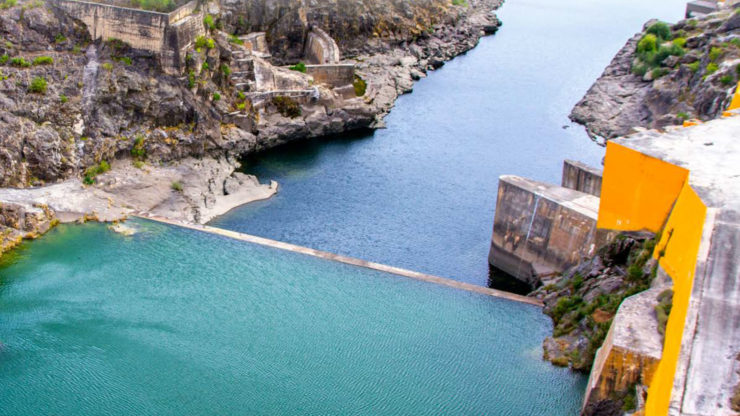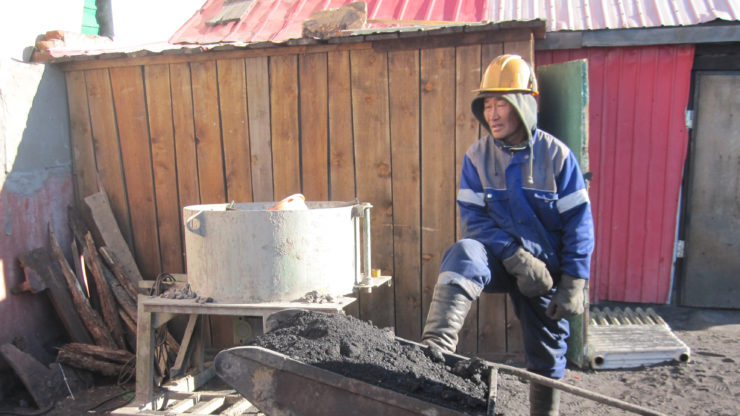This fall, 17 countries have started their Technology Needs Assessment (TNA) in the fourth round of the global TNA project. Through the TNA project, the countries, consisting of Small Island Developing States and Least Developed Countries, will get a clearer understanding of what kind of technologies are best suited to their specific climate change situation.
TNAs are a significant instrument in developing countries efforts to not only determine which technologies best suit their need for climate mitigation and adaptation but also to gain access to much-needed capital. The TNAs will lead to the development of national Technology Action Plans (TAPs) that recommend enabling frameworks for the diffusion of these prioritized technologies and facilitate identification and preparation of technology transfer projects with links to relevant financing sources.
Almost 100 countries have now been a part of the TNA project.
Climate and development synergies
Currently, the 17 countries starting their TNAs are in the process of nominating national TNA coordinators and selecting their TNA priority sectors for climate mitigation and adaptation action. Based on these priorities, working groups and coordinators will work with experts from UNEP DTU Partnership and our regional partners to assess green technology needs.
Part of this work also consists of finding synergies between technology for climate action and national climate and development strategies.
Assessing the need for technology is directly referenced in the Paris Agreement as one of the instruments to implement Nationally Determined Contributions, but the TNAs are also a contribution to the general development of the participating countries, helping them take a step on the way to accessing technology for implementing the 2030 Agenda for sustainable development.
TNAs gone virtual
The fourth round of TNAs is kicked off with a series of virtual meetings and workshops, both bilateral with each country and regional focusing on general themes and challenges. This will be followed by virtual training sessions in early 2021.
The emphasis on virtual meetings, workshops and training arose due to the Covid-19 pandemic but has proven to be beneficial for the TNA project in several ways.
Going digital has greatly improved the flexibility that UNEP DTU Partnership is able to offer participating countries. Our experts are now able to better adapt advisory services and support to the pace of each country.
Additionally, the virtual approach allows for a more inclusive process in which it is easier and demands fewer resources for participants to join training and workshops.
As the TNA approach is built around a bottom-up approach, where local consultants and a need and demand-driven method ensures that national priorities are reflected in the assessments, an inclusive approach is vital to achieve the best conditions for climate action and development.
Sharing experiences
The third round of the TNA project is set to finish in 2021, and taking advantage of the overlap with the fourth round, a global workshop taking place in 2021 to facilitate sharing experiences and lessons learned.
The regional centers participating in the TNA project will also be part of this workshop. Working with the centers in Latin America & Caribbean, Africa, Eastern Europe, and Asia, UNEP DTU Partnership aims to increase regional support to countries and to create greater awareness about technology needs at the regional level.
The Technology Needs Assessment Project is funded by the Global Environment Facility and is implemented by UNEP through UNEP DTU Partnership, and in close collaboration with the UNFCCC Technology Mechanism.

